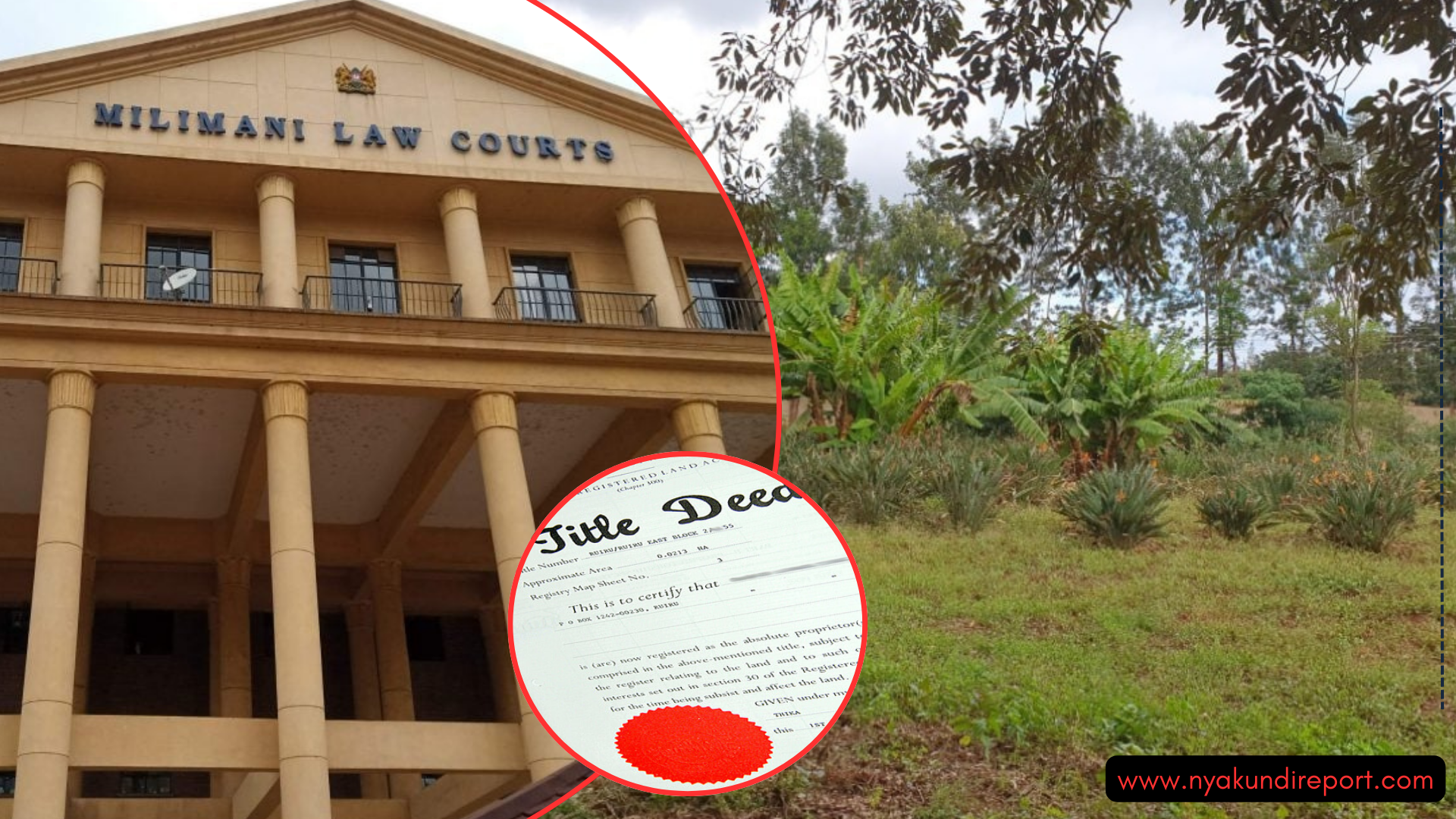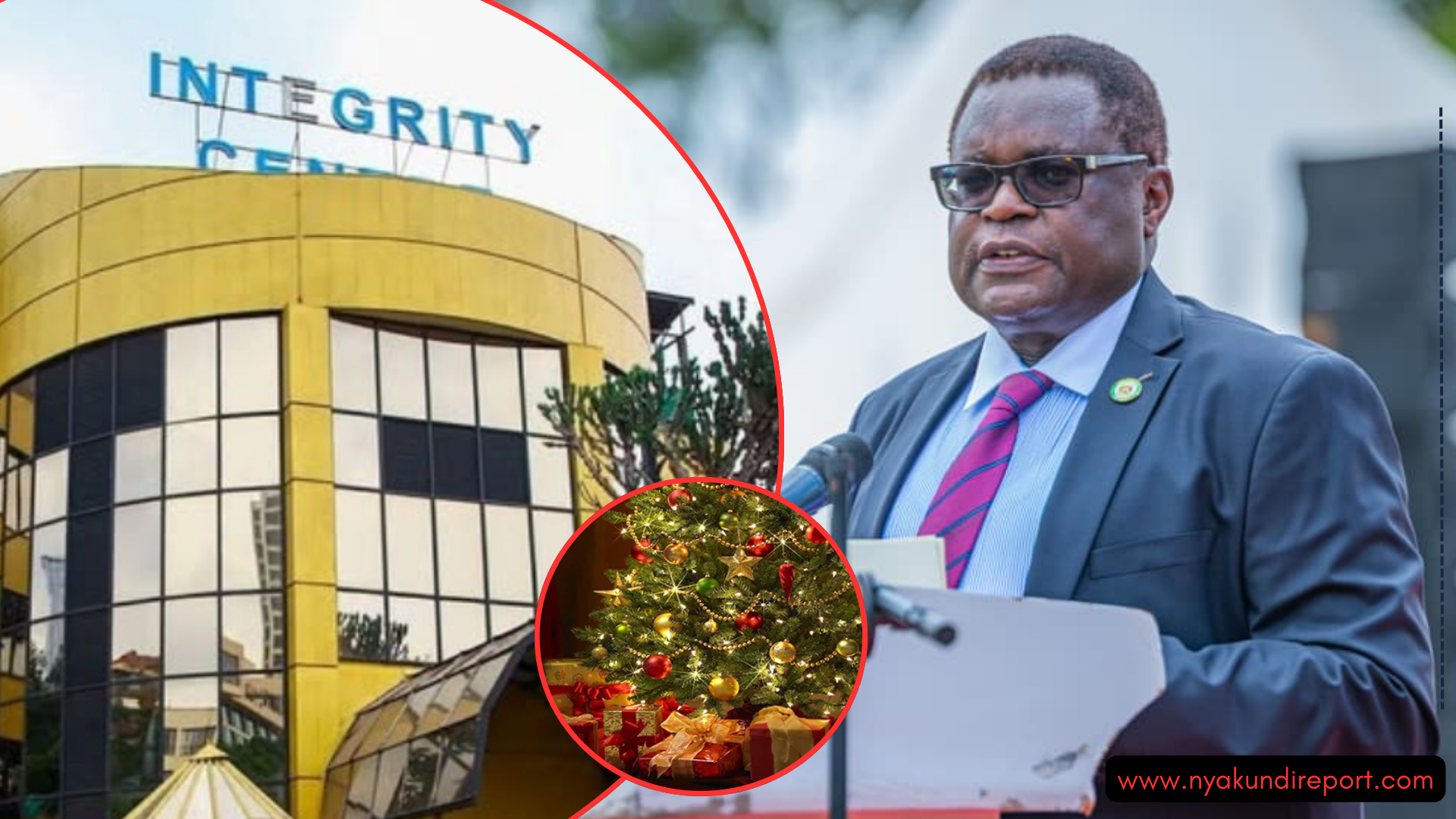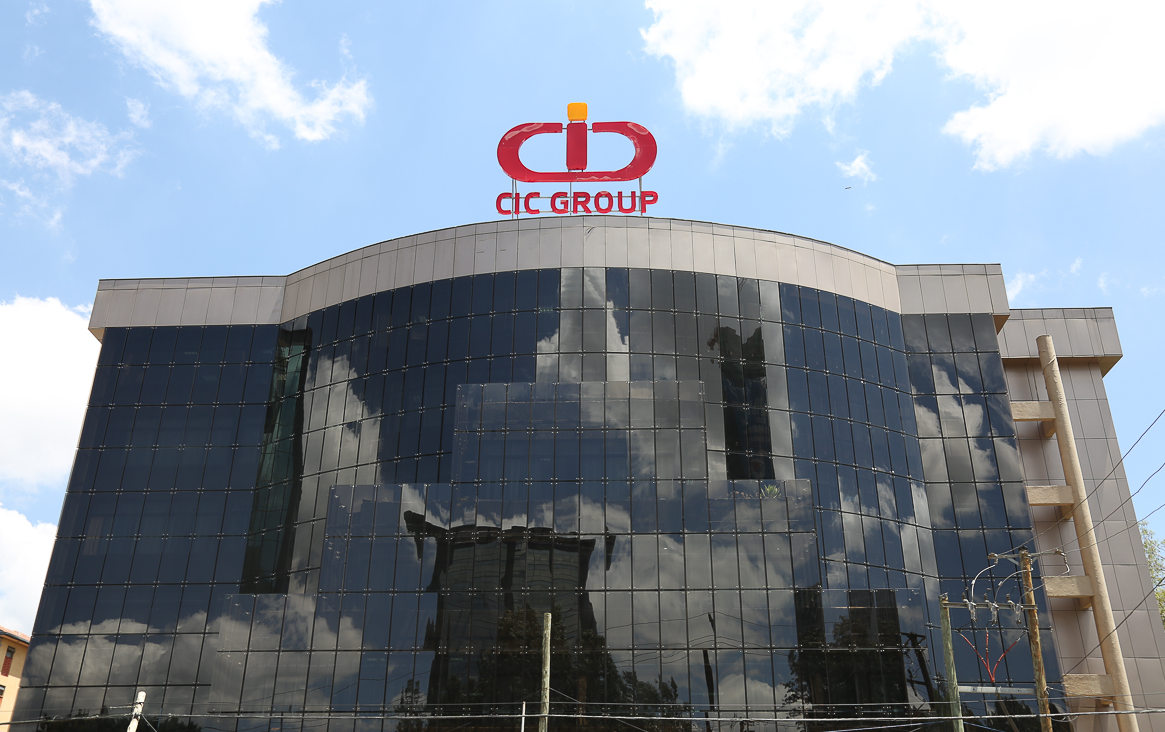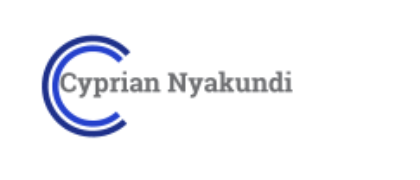Homa Bay Town Member of Parliament Peter Opondo Kaluma has taken a controversial stance by urging the government to ban the British Broadcasting Corporation (BBC) in Kenya.
This follows the release of a powerful documentary, Blood Parliament, which aired on April 27, 2025.
The exposé revealed the chilling involvement of the Kenya Defence Forces (KDF) in the deaths of protestors during the June 25 anti-finance bill protests.
Kaluma’s call for censorship threatens to undermine press freedom, ignore truth, and divert attention from critical issues affecting the nation.

Kaluma Demands BBC Ban After Exposé Links KDF to Protester Shootings
Peter Kaluma’s recent comments about the BBC’s Blood Parliament documentary are as dangerous as they are misguided.
He called for the revocation of the BBC’s broadcasting license in Kenya, citing the documentary as “twisted, partial, reckless,” and an attempt to incite chaos. Kaluma, an elected leader, framed the BBC’s report as irresponsible media that could destabilize Kenya.
The Blood Parliament documentary, which sheds light on the tragic deaths of over 60 protesters during the June 2024 demonstrations against the controversial finance bill, has had a powerful emotional and political impact.
Kaluma’s reaction to the documentary reveals a deeper problem: a growing intolerance for media coverage that exposes uncomfortable truths.
The footage and interviews, including firsthand accounts from activists and journalists, pointed directly to KDF officers being responsible for the deaths of at least three individuals.
This documentary serves as a vital piece of investigative journalism that calls for accountability and reflection.
Kaluma’s dismissal of this journalistic effort as “incitement” not only threatens the role of the press but also seeks to suppress information that many Kenyans need to understand their country’s ongoing struggles.
His comments echo previous attempts to silence critical media voices, like the 2018 shutdown of several stations during the mock swearing-in of Raila Odinga.
In both cases, the government’s response was one of censorship and control rather than embracing transparency and democratic principles.
The Role of Media in a Democracy
The media plays a crucial role in any democratic society. It serves as the watchdog, shining a light on corruption, injustice, and abuses of power.
Kaluma’s call to silence the BBC shows a profound misunderstanding of this responsibility. By labeling the Blood Parliament documentary as “reckless,” he undermines the essential role that journalists play in exposing the truth.
The Blood Parliament documentary followed the harrowing story of the June 2024 protests, where Kenyans from all walks of life took to the streets in opposition to the finance bill.
The report compiled over 5,000 images from the protests, revealing shocking evidence that KDF officers were involved in the shooting deaths of protestors. If this is “reckless” journalism, then it is the kind of recklessness that holds those in power accountable for their actions.
Kaluma’s comparison of the BBC’s coverage to the role the media played in the Rwandan genocide is not only flawed but also deeply offensive.
It ignores the complexity of the Rwandan situation and the ways in which media can serve as a tool for truth and justice, rather than division.
It also demonstrates a worrying trend of using historical tragedies to justify modern-day authoritarian tactics.
This is not an argument for banning a media outlet; it is a call to attack free speech, journalistic integrity, and the right of the people to know the truth.

Is Kaluma Concealing KDF’s Role? Why BBC Exposé Matters to Kenyans
Kenyans, especially those who lived through the protests, have reacted to the Blood Parliament documentary with a mix of anger and anguish. For many, the documentary provided the first real look at the brutal actions of KDF officers during the protests.
The emotional toll of seeing their fellow citizens fall victim to violence was compounded by the feeling that the government has been slow, or even unwilling, to hold those responsible to account.
The documentary’s release has been met with mixed reactions. Some government allies have attempted to discredit it, suggesting that the documentary is biased or misleading. However, many ordinary Kenyans, particularly the younger generation who were directly involved in the protests, have expressed a sense of relief that their voices are finally being heard.
The documentary serves as a reminder of the harsh realities faced by ordinary citizens when they stand up for their rights.
Lawyer Miguna Miguna, in a social media post, also called for an independent investigation into the killings, highlighting the need for justice.
His remarks, like many others, point to the public’s deep dissatisfaction with the current government’s response to the issue.
Kaluma’s insistence on banning the BBC ignores this outcry and seeks to silence the very voices demanding accountability.
The Perils of Censorship in Kenya
Kaluma’s call to ban the BBC is a direct attack on free expression in Kenya. If the government heeds this advice, it would set a dangerous precedent, reinforcing the notion that truth-telling is unwelcome when it challenges the status quo.
The consequences of such actions would be far-reaching, creating a chilling effect on media outlets and individuals who dare to speak out.
Silencing critical media is not a path any democratic society should go down. Kenya’s media, while not without its flaws, has an important role to play in uncovering corruption and holding power to account.
By calling for the BBC to be banned, Kaluma not only undermines the press but also puts the country’s democracy at risk.
In conclusion, Peter Kaluma’s attack on the BBC following the Blood Parliament documentary is not about protecting the country from incitement.
It is about suppressing the truth and preventing the public from understanding the full scope of the violence that took place during the 2024 protests.
Kenyans deserve the right to hear all sides of the story and to demand justice for the lives lost. The last thing they need is more censorship from their own leaders.











































